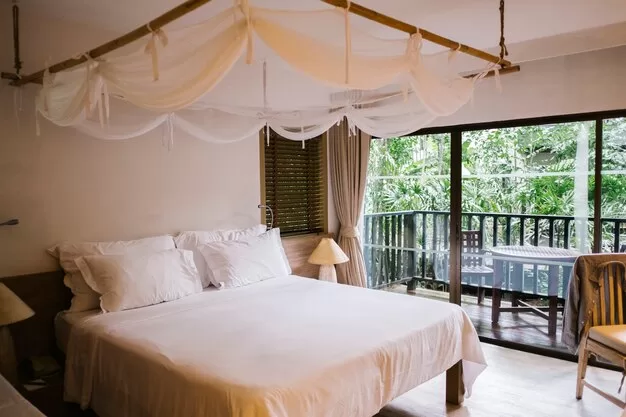Travel Smarts – Avoid This Holiday Buzz Kill
Be malaria-safe in high-risk destinations
As summer approaches, many South Africans have already booked or are in the process of planning their December holidays. World Mosquito Day on 20th August, commemorates Sir Ronald Ross’s 1897 discovery that mosquitoes transmit malaria, and serves as a timely reminder for holidaymakers about malaria prevention, particularly when visiting local high-risk areas during the height of summer.

Why Malaria Awareness Matters
Shaun Lamont, Managing Director of First Group, emphasises the relevance of the day: “Mosquitoes are more than tiny irritants that can turn a serene summer evening into an itchy battleground. Specific species are responsible for spreading malaria, yellow fever and the like, which can prove fatal.” And, considering that according to the World Health Organisation (WHO), there were an estimated 249 million malaria cases worldwide in 2022 resulting in 608,000 deaths, the reason for having an annual day to raise awareness becomes obvious.

Africa, unfortunately, shoulders a disproportionate burden of these numbers, accounting for 95% of cases and 96% of deaths globally. In 2023, South Africa reported 9,795 cases of malaria which is primarily confined to the northeastern regions of our country, including parts of Limpopo, Mpumalanga, and northern KwaZulu-Natal. Known for their magnificent wildlife and scenic beauty, these areas attract numerous tourists annually.
Apart from knowing which regions carry a high risk, it’s also important for holidaymakers to understand that the malaria risk also fluctuates with the seasons. The warmer, wetter months from November to March pose the highest risk, although visitors should remain cautious through early autumn as well.
Prevention is Better than Cure
“Whilst none of First Group’s properties are located in the malaria-prone regions of South Africa, prevention and awareness play a vital role in reducing malaria cases. This is why we believe it is essential to educate all travellers about safeguarding themselves because forewarned is forearmed,” says Lamont.
So, if you’re planning a trip to one of the mentioned areas, he advises that you first confirm the malaria risk with your accommodation provider, a travel clinic, the local tourist board, or through online resources. This will assist you in taking the most appropriate precautions for your trip.
Preventive Measures
Various measures can be taken to reduce the amount of contact with mosquitoes and the National Guidelines for the Prevention of Malaria, South Africa 2018 advises the following:
- Use insect repellent containing DEET, picaridin, or oil of lemon eucalyptus on exposed skin and clothing.
- Try to avoid outdoor activities during dawn and dusk when mosquitoes are most active. If you must be outside e.g. game drives, wear long-sleeved shirts, trousers and socks to minimise exposure.
- Sleep under insecticide-treated mosquito nets tucked in and use screens on open doors and windows.
- Burn mosquito coils or use plug-in vaporizers containing insecticides indoors to reduce mosquito presence. Ceiling fans and air conditioners are also a good deterrent.
- Consult your healthcare provider to determine if antimalarial medication is necessary before, during, and after you visit malaria-prone areas.
- Whilst not covered in the National Guidelines, burning citronella candles and the smoke from a campfire can also help to deter mosquitoes but their effect is limited to the immediate area.
Lamont concludes, “World Mosquito Day is more than just a date on the calendar. It’s an opportunity for those of us in the hospitality industry to raise awareness and contribute to the global fight against malaria. We want all travellers to enjoy safe and memorable experiences within our diverse and beautiful country. By taking the necessary precautions and remaining vigilant when visiting high-risk malaria areas, we can help ensure their well-being and enhance their travel experience.”






































